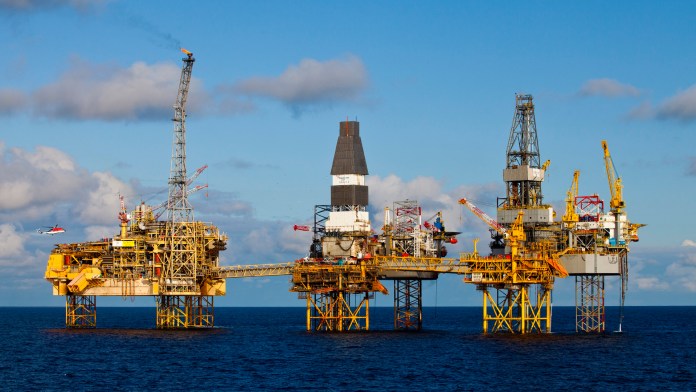The country’s oil output is likely to be jeopardized unless steps are taken to review certain of the industry’s rules, according to a study released by the Public Interest and Accountability Committee (PIAC) on the country’s petroleum income management during the last ten years.
This might have ramifications for both domestic and foreign actions.
Some of the problems that the business may face include the rising talk of energy transition and the influence of the African Continental Free Trade Agreement (AfCFTA) on local content regulations, both of which have already started to impair income creation.
This study emphasized its evaluation in order to accommodate the AfCFTA.
Professor Kwame Adom Frimpong, Chairman of PIAC, spoke at the report’s publication, urging stakeholders to act as soon as feasible with policy and regulatory changes in the petroleum upstream sector.
“We must remember that the African Continental Free Trade Agreement exists, and that local content requirements must be reviewed as soon as feasible.” Also, current discussions about the energy transition, which have started to have an influence on income inflows from the industry, must be taken into account since output will be severely impacted.”
In response to some of the suggestions, Andrew Agyaper Mercer, a Deputy Minister of Energy, acknowledged that, although there may be problems, work has started to address the majority of the issues identified.
“Indeed, it’s a valid remark, but some of these calls are a little late since we’ve done some regulatory checks, and more are in the works.” As a result, we’ll be able to satisfy some additional issues,” he said.
According to the estimate, Ghana would generate $6.55 billion from oil and gas production by the end of 2020, accounting for 9.97 percent of its GDP.
Over the course of the time, the Annual Budget Funding Amount (ABFA) received the maximum allocation of $2.6 billion (40 percent).
The Ghana National Petroleum Cooperation (GNPC) got $2.0 billion (30%), the Ghana Stabilisation Fund (GSF) received $1.39 billion (21%), and the Ghana Heritage Fund (GHF) received $586 million (9%) of the overall allocation.


